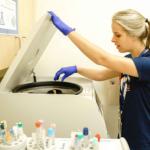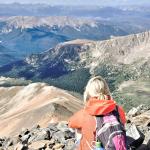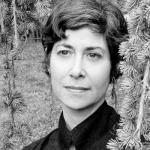Only 17.7 percent of the biographical pages on Wikipedia are women. This group wants to change that.
(Megan) Moriarty took her presentation to the CU Boulder College of Music where students were performing music by black female composers. … Moriarty helped the CU Music Buffs add their research...
Our findings suggest that the common behavior of burning the candle during the week and trying to make up for it on the weekend is not an effective health strategy,” said senior author Kenneth...
In this month’s CU on the Air, we talk with Catalin Grigoras, director, and Cole Whitecotton, IT professional, at the National Center for Media Forensics at CU Denver. The only one of its kind in the U.S., the center not only graduates the top media forensics specialists, it and its students assist law enforcement and government investigations, researches scientific methodology, conduct analysis of raw audio and video and, importantly, the digital manipulation of audio and video.
Your drafty house may be bad for your health, according to a new University of Colorado study that suggests weatherizing homes is more than just a matter of saving money and the environment. The...
In this episode, Dr. Scott Bauer, professor and associate dean for advanced education and doctoral programs in the School of Education and Human Development at the University of Colorado Denver,...





















